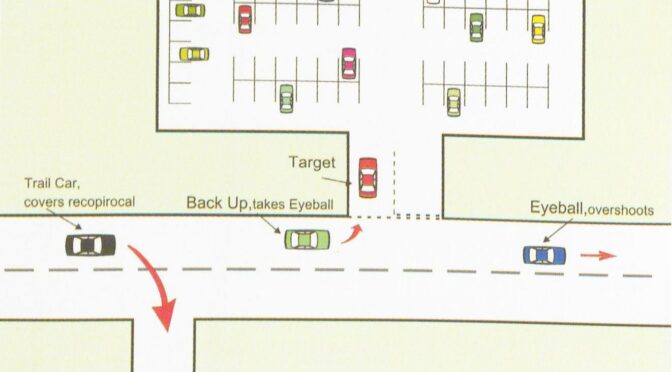From No Trace Project
The No Trace Project is launching a new initiative, the Anti-Repression Talks, to encourage discussion of surveillance and security issues within and between informal anarchist networks, on an international level. We believe that many anti-repression practices are more powerful when they are carried out across a network, rather than only by specific affinity groups.
The Anti-Repression Talks will be a series of sessions, each on a different topic, and each lasting three months. During a session, participants are encouraged to form local study groups with people they trust to discuss the topic of the session — we provide resources and discussion points to help kickstart those discussions. At the end of a session, an international online chat takes place, where participants can anonymously meet to discuss their thoughts and findings. After a session, its findings are published on the No Trace Project website, including any materials contributed by study groups and a summary of the online chat.
The first session, Anti-Repression Talks #1, will address the topic of preparing for physical surveillance and will take place in October, November, and December 2024, with the online chat taking place on January 4, 2025. The findings will be published here.
Physical surveillance
In the past decades, the surveillance capabilities of State actors have greatly diversified, thanks in part to new technological developments such as video surveillance, mobile phones and DNA sampling. Despite this, physical surveillance — the direct observation of people or activities for the purpose of gathering information — is still widely used by State actors, in particular in cases where other surveillance techniques are not effective. Our Threat Library references examples of the use of physical surveillance against anarchists.
We believe that the State is likely to use some degree of physical surveillance in contexts where high-impact anarchist direct actions are being investigated — for example in a city where an arson recently took place and the news of the arson has been posted on anarchist websites. We also believe that in many contexts, anarchists do not sufficiently prepare for the risk of physical surveillance. Preparing for physical surveillance isn’t straight-forward, it requires developing a specific skill set, but it is possible, and it is the only thing that will help you if cops are tailing you on the way to a sensitive meeting or action.
Local study groups
We encourage participants to form local study groups to discuss the topic of the session, from October to December 2024. During the session, if they wish to do so, study groups can send us any materials that they deem relevant to the discussion. We will add such materials to the session findings where other groups will be able to see them.
We recommend that study groups read the following resources:
- The zine Measures Against Surveillance for an overview of the physical surveillance techniques used by police in urban areas, with examples from Germany.
- The book The Theory of Covert Surveillance for a more comprehensive overview of the physical surveillance techniques used by private investigators (and most police agencies), with examples from the United Kingdom.
- The book Surveillance Countermeasures for a comprehensive overview of physical surveillance countermeasures: surveillance detection (including counter-surveillance) and anti-surveillance. Once you understand the logic of the enemy’s physical surveillance techniques, we highly recommend this book to start learning countermeasures that you can apply in your life and projects.
- Other resources can be found on our website.
And we suggest the following discussion points, which we encourage study groups to supplement with their own:
- From the recommended resources, what have you found difficult to understand or apply?
- How can we support each other in developing and practicing physical surveillance countermeasures?
- If you detect physical surveillance, which activities or projects would you want to continue and which would you want to put on pause? If you stop meeting with your friends to prevent the surveillance operation from mapping your social network, how can your network help you feel less isolated?
- If you detect physical surveillance, how can you communicate this to your network in a way that doesn’t alert the surveillance operation that they have been detected? How can such communication happen in a way that doesn’t bolster paranoia?
International online chat
An international online chat will take place on January 4, 2025. It will be open to anyone, so we ask that you do not share any identifying information or discuss anything that you wouldn’t want to see published. It will be limited to text messages (no audio or video). Discussions will be held in English, with live translation available to and from French and Spanish — please get in touch if you are able to help with live translation in these languages or others.
For instructions on how to join the chat, see here.

